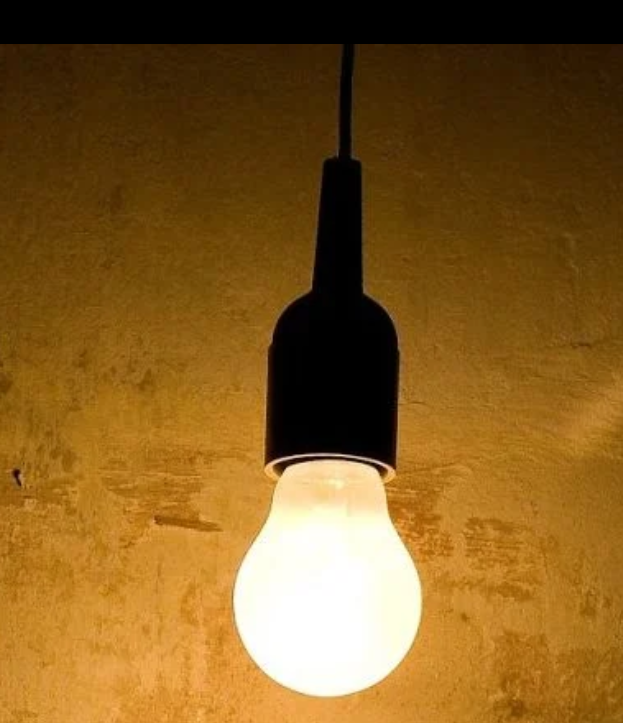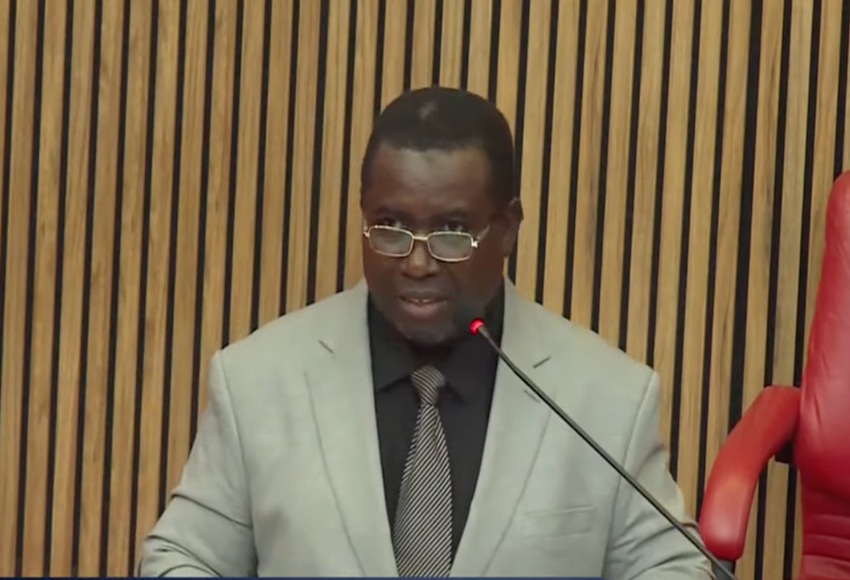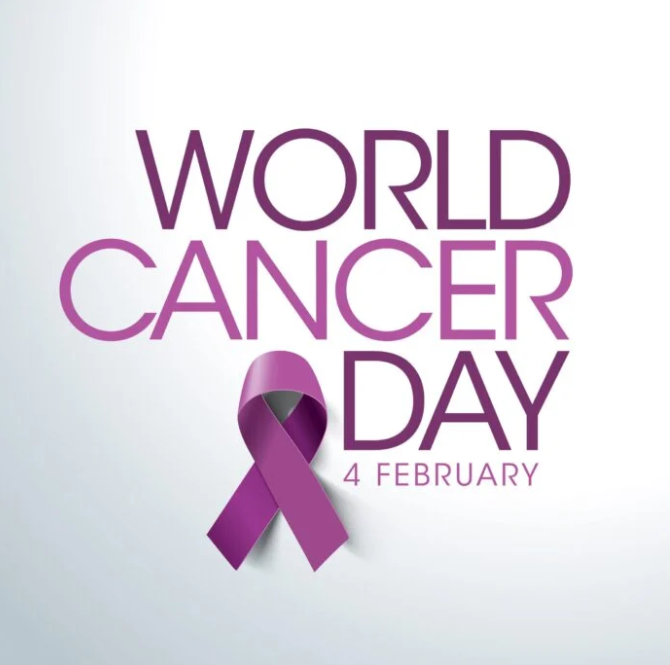Marseille, a city plagued by gang violence and drug-related crimes, witnessed destructive riots fueled by frustration and neglect. The story begins with Amine Kessaci, whose brother’s life was tragically cut short by the drug trade. Amine, now 19, grew up in the impoverished Frais-Vallon estate, where prospects are scarce and the allure of drug trafficking is strong. The recent riots, particularly severe in Marseille, reflect the anger and hopelessness felt by many French citizens.
Life in the Frais-Vallon estate is a harsh reality filled with open drug dealing and a lack of opportunities. Amine explains how the absence of well-paying jobs pushes young people towards crime. The riots, sparked by the fatal shooting of 17-year-old Nahel M in Paris, revealed the deep divisions and frustrations simmering beneath the surface. Residents like Mado express their feelings of abandonment, stating that politicians view them as insignificant and ignore the deteriorating living conditions.
Mourad, another resident, vividly describes the dire circumstances, with rats infesting the estate and unequal treatment by politicians. Amine, who now dedicates his efforts to steering young people away from crime, understands the anger but not the violence. The drug-related murders that claim young lives emphasize the urgency of the problem. Despite promises from President Emmanuel Macron and the acknowledgment of the crisis, Amine, having met Macron twice, has lost faith in the leaders’ intentions.
The mayor of Marseille, Benoît Payan, admits the need to bridge the divide and unite the city. The aspirations of equality, a fundamental French value, remain distant in this strife-ridden neighborhood. The riots serve as a wake-up call, highlighting the deep-rooted issues of crime, deprivation, and the disconnect between the people and the state. It is clear that urgent and effective action is required to address the grievances and bring about meaningful change in Marseille and other marginalized areas across France.
Advertisement






